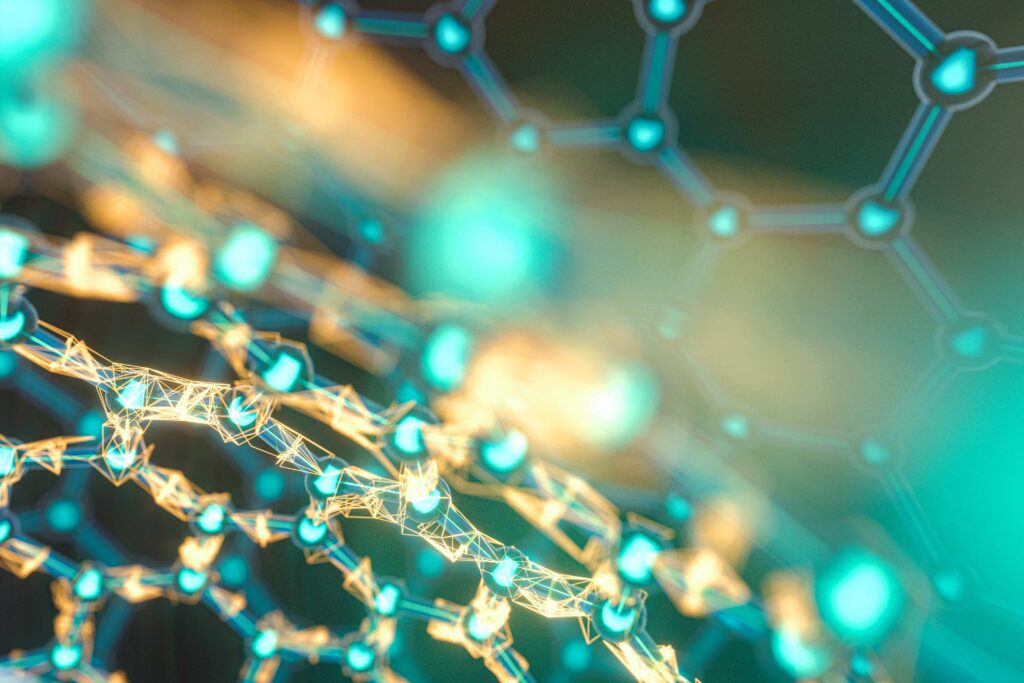
On 19 April 2023, Sir Geoffrey Vos, Master of the Rolls, gave the Second Annual McNair Lecture. His topic was titled “The future of London as a pre-eminent dispute resolution centre: opportunities and challenges”.
Sir Geoffrey concluded that the opportunities and challenges are one and the same. He posited that the UK can remain one of the most attractive dispute resolution centres in the world but only if it embraces new challenges. He listed five challenges, ranging from how the Covid-19 Pandemic has changed commerce to the effect of Brexit, but the focus of the lecture was on the advent of generative artificial intelligence (AI) and its potential use in the judicial process in the future.
Whether we are conscious of it or not, we use AI every day. Generative AI is developing at breakneck speed. Generative Pre-trained Transformer 4 (GPT-4), available publicly through Chat GPT, was released by OpenAI on 14 March 2023. A fascinating (and, perhaps a little troubling) fact given by Sir Geoffrey was that when the previous generation of the technology, GPT 3.5, took the US Bar exams it came in the bottom 10%. When GPT-4 took them recently, it came in the top 10%.
The question posed in the lecture was “Can AI take judicial decisions in future in place of humans?”. Sir Geoffrey was strong in his view that, yes, AI is likely to be used to take judicial decisions in the future. He did, however, caveat that conclusion by stating that there will need to be a number of controls in place:
In Sir Geoffrey’s view, the advent of AI in judicial decision making will, to a large extent, depend on the confidence placed in it by litigants, and the wider-public in general. Farfetched it may seem, but the use of AI in commercial dispute resolution may already be used in the private sphere. It is likely that some large multinationals (such as Amazon, Ebay etc.) already employ AI to adjudicate minor disputes. In the majority of those disputes, the AI generated decision is, more often than not, accepted by the parties. Why then can AI not be expanded to the formal judicial process?
The legal industry and, in particular, the judicial system in England and Wales is well known for being slow to adapt to technological change. Indeed, the Courts only engaged in earnest with technology when they were forced to do so as a result of the pandemic.
If AI, digitisation and modern technologies are not embraced, London will inevitably decline as a pre-eminent dispute resolution centre. As Sir Geoffrey put it: “the prizes will go to the bold, not to those reluctant to change”. Now is the time to prepare.
Applications for this pitch event close 19 September. We are pleased to announce that this pitch event will be held in Cheltenham in partnership with...
Michelmores has partnered with Women in Telecoms & Technology (WiTT) to celebrate women entrepreneurs working in the tech sector. Delegates will have the opportunity to...
If you are interested in joining the network and attending our events please email mainstream@michelmores.com for further details. We hold five pitch events a year where high-growth early-stage...